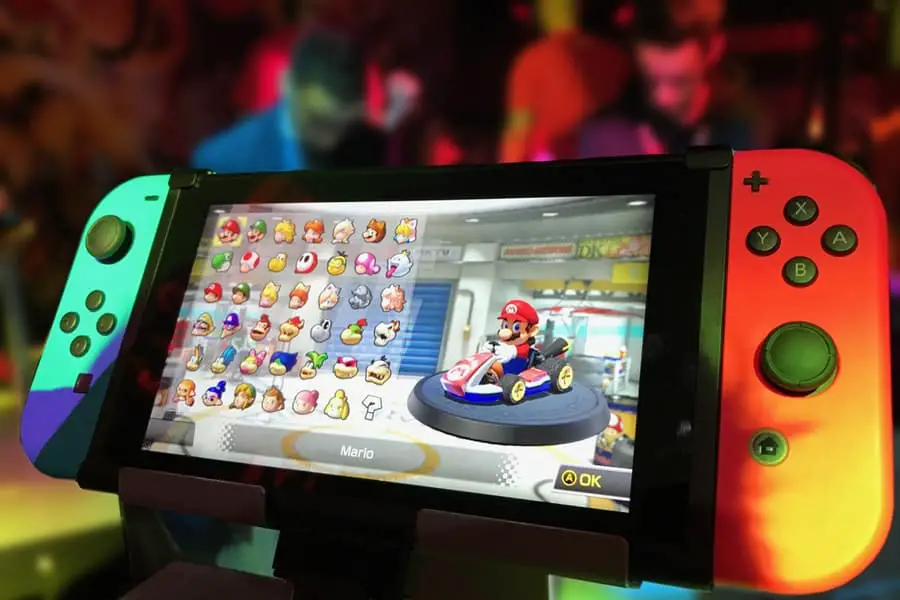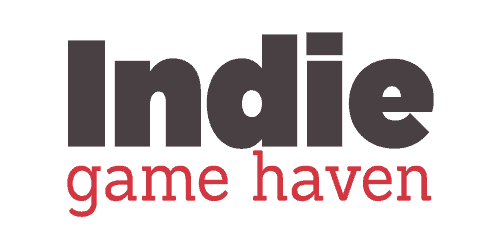If you are creating a commercial game, intended to make money, you may be wondering about how a publisher can help you. Should you get a publisher for your video game? What are the advantages and disadvantages of getting a game publisher? These are all valid questions that I hope to answer.
If you do get a game publisher, what percentage do game publisher take? Game publishers generally take between 20% – 40% of gross revenue from game developers they partner with.

Of course, there are some additional pitfalls a new game developer can find themselves in. There can be a few deals that may make sense to you, depending on your situation, that may be a bit higher. However, you should be a bit wary of anyone asking to take the majority of your revenue if they are not offering significant promises. Let’s look at a few things you should be looking for in a publisher, but also how to ensure you get the best deal you can.
Things Game Publishers May Request
Publishers often want their money first
If you make a deal with a publisher, they generally ask for their money first. This is particularly the case if they provide any development money up front. It is not uncommon for them to offer money up front to sweeten the deal if they are interested in your project.
As an example, if they offer you $50,000 to complete the remainder of your game, they will request that the $50,000 be paid back first before you receive a single dime. What typically happens is they are taking that initial surge of money that comes upon releasing your game. You are left with a portion of the money that will come for the years following.
The upside to this deal is that it gives you the money to complete your game. Many people who wish to work in the game development industry need this time of investment into their project to make that dream a reality. There is nothing wrong it.
The downside though is that many people hope to have their first game help fund their second. This is not going to be the case with this type of deal. The good news is that if your first release is a success, a publisher will be much more likely to listen to your next project idea. You may receive additional funding and be able to negotiate a better deal with a bit of experience behind your belt.
Therefore, it doesn’t mean that you won’t be able to fund your next game. It just means that you may have find another publisher deal to make it happen. The real hope is that while you are making your second game you are still bringing in an income from the first for a significant period of time.
Publishers often ask for the IP (Intellectual Property)
This is potentially something they will ask for, but I would be extremely wary of this type of deal. This was your idea, you are putting in the majority of the work. I would not sell the entire game where you no longer even own it.
A publisher deal is often a deal that should be made for the longevity of the game. But, that doesn’t mean that your investment in the game should diminish over time either. There should be some negotiation in which you still remain the owner, they are simply viewed as an investor and own a portion of that release.
This frees you up to produce sequels potentially. It may be something they wish to continue to support assuming you have success. However, you should be able to renegotiate that deal as well. If they own the IP, you have far less control long term. They control which direction that project will go in the future.
Publishers often ask for their money based on the gross revenue
This type of deal could be extremely rough for a game developer. When I say they get their money first, I would ensure that this is given after all other expenses and taxes are factored in. Some publisher who wish to get their money based on gross will avoid considering any of the platform expenses or taxes associated with sales.
As an example, let’s say you make this type of deal and have a game selling at $10.00 (just to keep the math simple):
- The publisher has a deal for 50% so they get their $5.00 immediately.
- However, Steam takes 30% as well. So now they take their $3.00.
- What you are left with, assuming you have no other expenses is $2.00 for each sale.
This is a really tough deal for a game developer and one of the reasons I would be very careful on this type of thing.
If you make a net profit deal with a publisher, it helps you out in the long term. Let’s stick with the $10.00 game:
- Steam will still take their 30% right off the top. They will get their $3.00.
- However, the net profit deal allows the publisher only to take 50% of the remainder.
- Therefore, you get $3.50 and the publisher will get $3.50 on a 50% deal just as mentioned above.
What to Look For in a Game Publisher
A Publisher Should Have A Fair Offer
Keep in mind that business is business. They will ask for what they think that they can get. However, an absurd offer should be a red flag. A publisher requesting more than 50% may fit this category for me.
If they seem really hesitant to back off a percentage greater than this amount, I would highly recommend that you walk away from the negotiation. There may be other offers out there that would be more beneficial to you.
A Publisher Should Have a Commitment to Your Game
As a game developer, you should feel fairly comfortable marketing your game. If you’re not, I encourage you to read my guide on marketing a video game. More than likely you have done a bit of it already in an effort to get your game noticed by a publisher. I would like to see a bit more out of a game publisher than just marketing effort.
A game publisher should have connections and be able to open doors for you that you may not be able to do otherwise. As an example, if they can help you with exclusive deals with platforms that may help you out a lot. This would be something along the lines of an exclusive deal with Playstation, Xbox, or Switch. These types of deals can be extremely lucrative and I would seek out a publisher who may be capable of going after those types of deals.
A Publisher Should Offer Assistance in Making Your Game Being Successful
A publisher should be able to help in areas you are weak. If you are the developer and only want to work on the development, then perhaps they can help you with the marketing and any other areas you are a bit weak in. Keep in mind that they are not in the development business, but the publishing business.
They likely won’t help you finish your game, but they may help fund areas that would help you. In addition, they should almost always help with marketing your game, building an audience, and using other marketing techniques to ensure the launch is as successful as it can be. A good publisher will invest quite a bit of time into making your project work for you and them.
A Publisher Should Have A Track Record
Make sure that a publisher you work with, especially if they are asking for quite a bit, that they have a track record. Of course, publishers have to get their start somewhere. That being said, I’m not giving up a percentage of my sales to someone who hasn’t “done it before”.
Reach out to any other game developers who have worked with them. The game development community is fairly tight knit. They often give advice where advice isn’t requested, but they will be brutally honest about any publisher who does shady business. Ask around, make sure you are partnering with the right people. Don’t hesitate asking them about their experience with games like yours.
A Publisher Should Have a Plan
I would want to ensure that the publisher has some type of plan in place to help. If it’s purely a money deal, I would want to know that, but it’s probably not a deal I would often make. I want a publisher to feel more like a partner than purely an investor.
For this reason, I would always ask a publisher what their plan is with your game. What tactics do they intend to use to help you? What work are they doing that you aren’t already? This is what makes a publisher a valuable partnership for game developers!
Conclusion
Simply put, be careful on what type of deal you make with a publisher. I would recommend taking any deal to some others that you trust in terms of business knowledge. This may or may not be family or close friends.
ALWAYS have an attorney overlook a contract before signing. You want to ensure that you fully understand the deal for both the short term and long term. When in doubt, ask for clarification. Look for a publisher to offer you areas that you struggle in.
If you wish to approach a publisher about support, I recommend having a plan for yourself in place. They will need a clear understanding of what you are hoping to receive from them. If you are asking for money, how much? why do you need it? What will it go towards? If you need help to finish out your project, how long will it take? What do you have and what do you need in order to complete it? These are all valid questions a publisher may ask. Be prepared to answer!
If you are looking for a bit of advice on how to approach a publisher, check out this video from Thomas Brush:
Good luck on your journey to finding a publisher! Don’t get discouraged, there are often many more no’s before any yes’s.
